A list of films produced in Argentina in 1945:
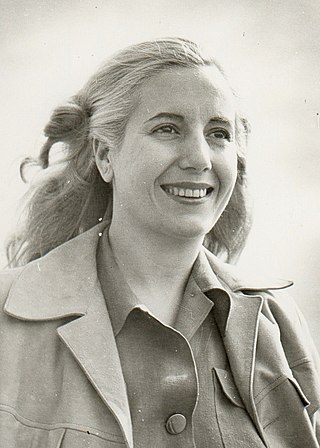
María Eva Duarte de Perón, better known as just Eva Perón or by the nickname Evita, was an Argentine politician, activist, actress, and philanthropist who served as First Lady of Argentina from June 1946 until her death in July 1952, as the wife of Argentine President Juan Perón. She was born in poverty in the rural village of Los Toldos, in the Pampas, as the youngest of five children. In 1934, at the age of 15, she moved to the nation's capital of Buenos Aires to pursue a career as a stage, radio, and film actress. She married Perón in 1945, when he was still an army colonel, and was propelled onto the political stage when he became President in 1946. She became a central figure of Peronism and Argentine culture because of the Eva Perón Foundation, a charitable organization perceived by many Argentinians as highly impactful.
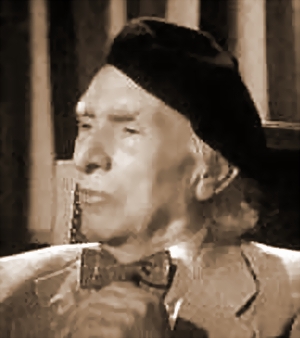
John Alton, born Johann Jacob Altmann, in Sopron, Kingdom of Hungary, was an American cinematographer of Hungarian-German origin. Alton photographed some of the most famous films noir of the classic period and won an Academy Award for the cinematography of An American in Paris (1951), becoming the first Hungarian-born person to do so in the cinematography category. He also worked as a director during the Golden Age of Argentine cinema.

The eighteenth edition of the South American Championship was held in Santiago, Chile from 14 January to 28 February. This tournament was an extra edition, with no trophy handed to the winners, but considered official by CONMEBOL.

Cinema of Argentina refers to the film industry based in Argentina. The Argentine cinema comprises the art of film and creative movies made within the nation of Argentina or by Argentine filmmakers abroad.

German submarine U-977 was a World War II Type VIIC U-boat of Nazi Germany's Kriegsmarine which escaped to Argentina after Germany's surrender. The submarine's voyage to Argentina led to legends, apocryphal stories and conspiracy theories that it and U-530 had transported escaping Nazi leaders and/or Nazi gold to South America, that it had made a secret voyage to Antarctica, and even that it sank the Brazilian cruiser Bahia as the last act of the Battle of the Atlantic.
This is an index to pages listing Argentine films ordered by year of release. For an A-Z list, see Category:Argentine films.

Enrique Muiño was a classic Spanish-Argentine actor who appeared in film between 1913 and his death in 1956. He is one of the greatest actors of the Golden Age of Argentine cinema.
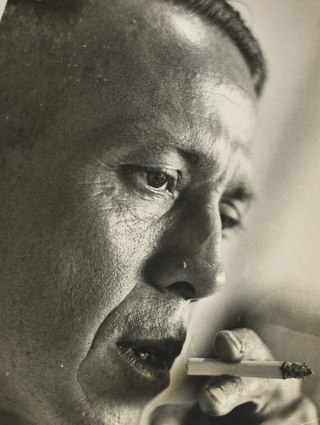
Carlos Hugo Christensen was an Argentine film director, screenwriter and film producer, an iconic figure of the classical era of Argentine cinema.

Kurt Landesberger was an Austrian born Argentine film director notable for his work during the classical era of Argentine cinema.

Mario Soffici was an Italian-born Argentine film director, actor and screenwriter notable for his work during the Golden Age of Argentine cinema.

Pierre Bruno Hugo Fontana, otherwise known as Hugo del Carril, was an Argentine film actor, film director and tango singer of the Golden Age of Argentine cinema.
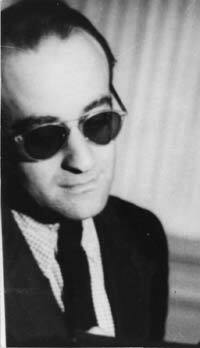
Luis Saslavsky was an Argentine film director, screenwriter and film producer, notable for his work during the classical era of Argentine cinema.

The Phantom Lady is a 1945 Argentine film directed by Luis Saslavsky during the classical era of Argentina cinema. At the 1946 Argentine Film Critics Association Awards the film won Silver Condor Awards for Best Film, Best Director, Best Adapted Screenplay and Best Music. It is based on a seventeenth-century comedy with the same name by Pedro Calderón de la Barca, translated as The Phantom Lady. However, the film alters the play considerably - the plot is heavily rewritten, and the style of dialogue is completely changed. Calderon's comedy is written in verse, while the screenplay of the film is in prose and contains scenes not found in the play. The final scene includes a fierce storm from which the hero rescues the heroine and declares his love for her, a scene added to the film.

Lucas Demare was an Argentine film director, screenwriter, and film producer notable for his work during the classical era of Argentine cinema and beyond.

Pedro Rodolfo Dellacha was an Argentine football defender and coach. He was the captain of the Argentina national team that won the 1957 Copa América and earned the nickname "Don Pedro del Area". As a manager, he won the Copa Libertadores twice and league championships in four countries.

Homero Cárpena was an Argentine film actor born in Mar del Plata, notable for his work during the Golden Age of Argentine cinema. He appeared in 72 films between 1933 and 1972 although the bulk of his work was in the late 1930s and 1940s. He starred in El hombre señalado, which was entered into the 7th Berlin International Film Festival. He was the father of actresses Claudia Cárpena and Nora Cárpena.
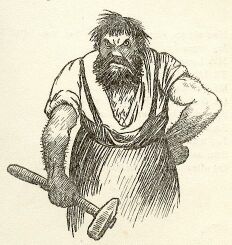
Ferreyra is a surname meaning 'smith'. Notable people with the surname include:
Savage Pampas is a 1945 Argentine historical epic film of the classical era of Argentine cinema, directed by Lucas Demare and Hugo Fregonese and starring Francisco Petrone, Luisa Vehil and Domingo Sapelli. The film's sets were designed by Germán Gelpi. The film is set in the nineteenth century in the semi-arid Dry Pampas region, when it represented a frontier between Argentine-controlled territory and areas still largely inhabited by Indians before the Conquest of the Desert extended Argentine control southwards. In 1966, Fregonese remade the film in English under the same title.
The Prodigal Woman is an Argentine drama film directed by Mario Soffici and co-directed by Leo Fleider and Ralph Pappier. It stars Eva Duarte as a wasteful rich woman who has a social awakening. The film is based on a novel by Pedro Antonio de Alarcón.